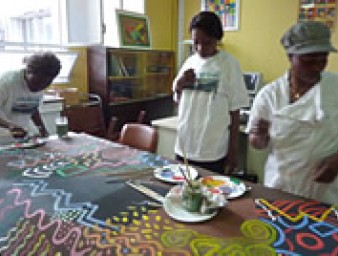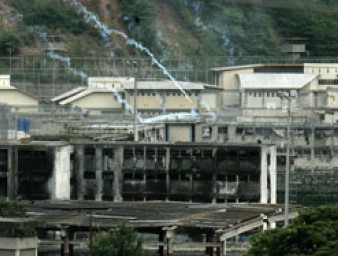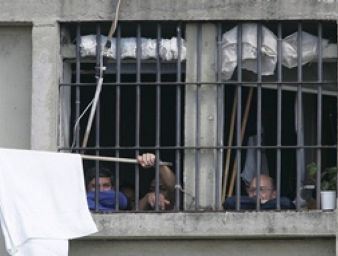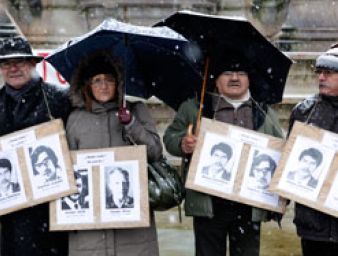UN helps torture victims rebuild their lives
25 May 2011
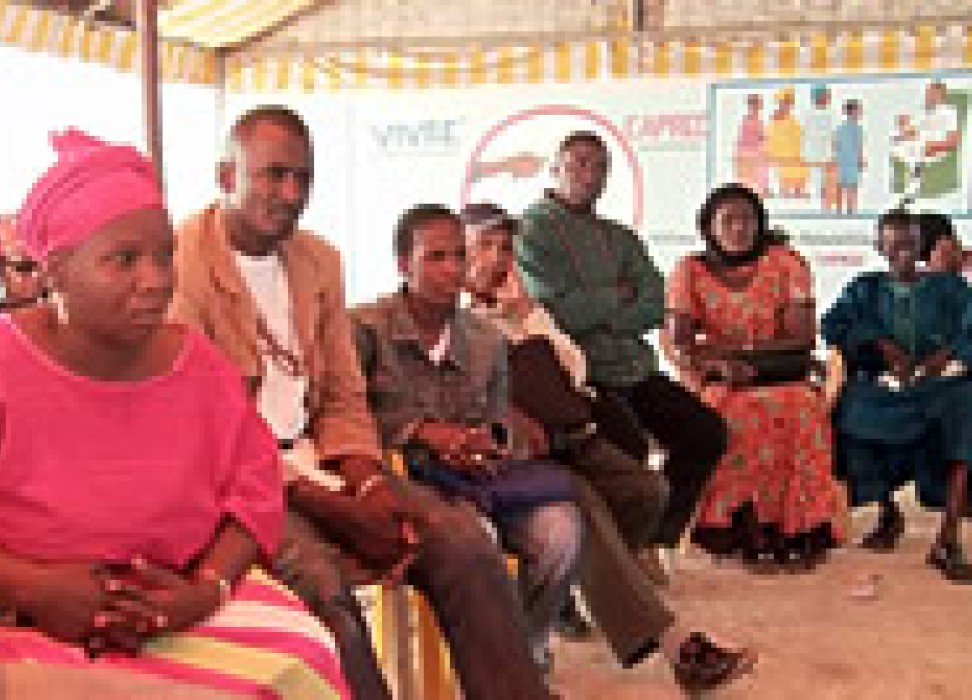
With her voice breaking, Annis began to recount her story, then stopped in an effort to hold back her tears. It is painful for her, a torture survivor of the civil war in Sierra Leone, to share her experience, to relive the tragic events of the conflict. Annis was captured by the rebels and gang raped. “When they attacked us in our village, they tortured me a lot,” she said. “They killed my husband in my presence…and my mother.”
UN Human Rights chief Navy Pillay met Annis, and other torture survivors, at VIVRE CAPREC, a rehabilitation centre for victims of violence in Thiès, Senegal.
“No form of torture is permissible. Torture is absolutely prohibited,” Pillay stressed, after listening to the stories of some of the victims.
Among them was Bari, a torture victim from Mauritania, whose teeth were pulled out one by one by security agents. At VIVRE CAPREC, he received dentures as well as relaxation exercises which are part of his psychological therapy.
Funded since 2001 by the UN Voluntary Fund for Victims of Torture, which this year celebrates its 30th anniversary, VIVRE CAPREC works to reduce the terrible consequences of torture by providing rehabilitation services to support the victims. Its staff addresses the needs of the survivors by offering them medical and psychological care, in addition to financial and legal aid. The Centre assisted Annis to start a small business.
Praising the work of the Centre, Pillay said that it was making a “real difference in the lives of victims of torture, refugees and asylum seekers.”
VIVRE CAPREC stands for Victimes de Violences Réhabilitées, Centre Africain pour la Prévention et la Résolution des Conflits and has helped more than 1,000 victims from 17 countries across the African continent during the last 10 years.
“These are people who lived through physical abuse and different forms of torture,” said Dr. Diop Bamba, Director of the Centre who stressed the need for the victims to speak up for themselves, tell their stories and confront their past.
The UN Voluntary Fund for Victims of Torture, created in 1981, is one of the Humanitarian Trust Funds of the UN. Its Secretariat is based in the UN Human Rights Office (OHCHR). The Fund is entirely reliant on the annual voluntary contributions received from Governments, NGOs, the private sector and individuals. Such contributions are disbursed to a wide variety of organizations that provide psychological, medical, social, legal and economic assistance to victims of torture. The Fund will celebrate its 30 years of operation by organising, among other things, an exhibition of art work realized by torture victims. The exhibit will be on display at the Palais des Nations in Geneva from 20 to 30 June.
The work of the UN against torture also includes supporting the UN Committee against Torture, a committee of individual experts which meets in Geneva twice a year. The Committee monitors the implementation of State Parties’ obligations under the Convention against Torture and Other Cruel, Inhuman or Degrading Treatment or Punishment, the preventive activities undertaken by the Sub-Committee for the Prevention of Torture and the work of the Special Rapporteur against Torture.
25 May 2011
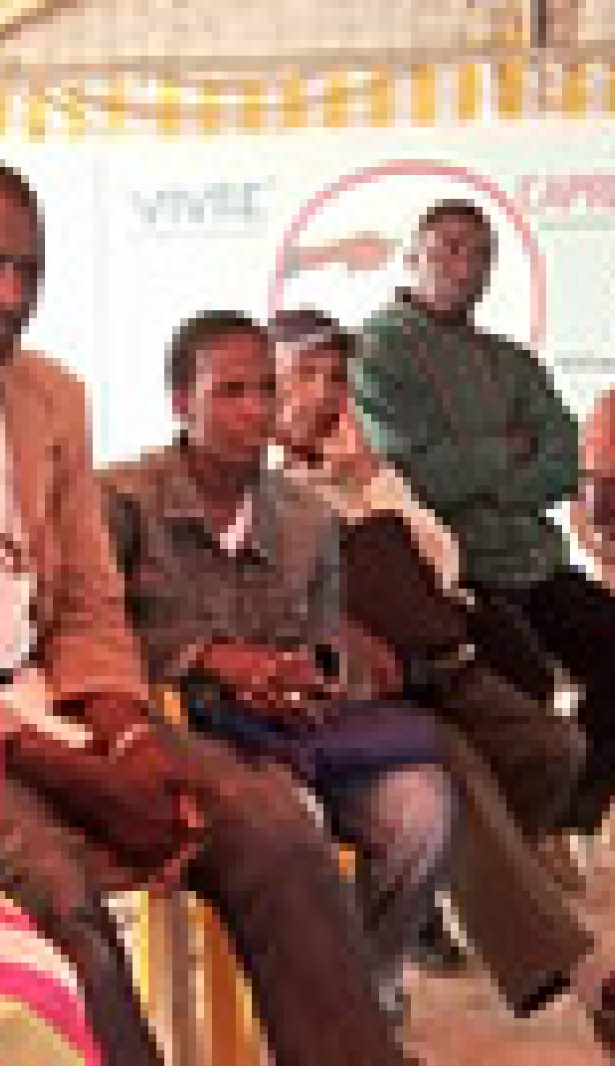
VIEW THIS PAGE IN:
